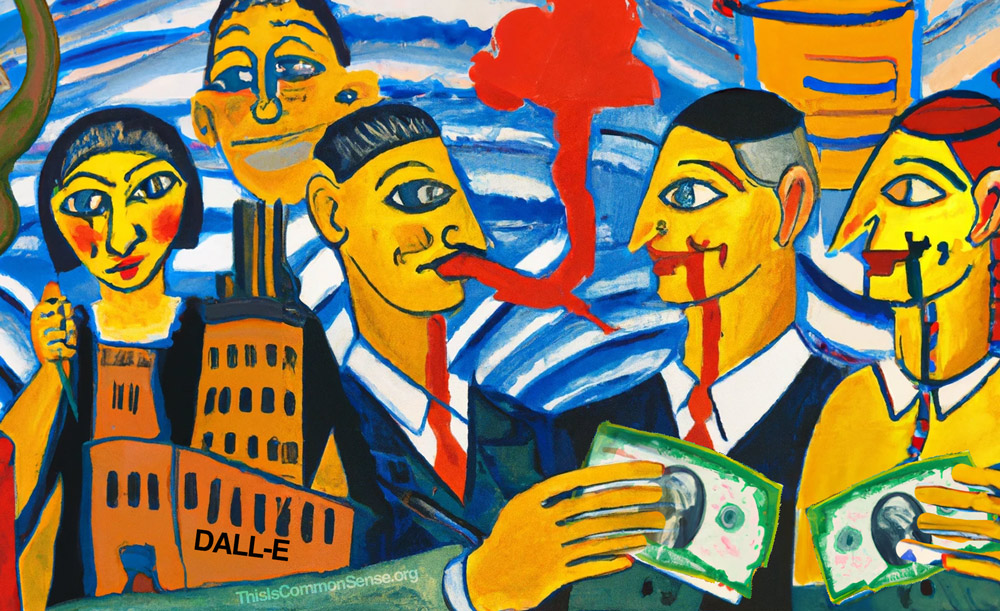No explanation, no warning.
PayPal has closed the account of another innocent customer: UsForThem, a UK organization that has fought to keep schools open during the pandemic.
PayPal also blocked the group’s access to its PayPal balance, thousands of pounds in donations, for 180 days.
According to cofounder Molly Kingsley: “No prior warning or meaningful explanation was given, and despite their saying we could withdraw our remaining balance, we cannot.”
This is, alas, just one of many examples.
Last year, the Electronic Frontier Foundation reported that PayPal shut down the twenty-year-old PayPal account of Larry Brandt, which he had been using to support Tor. Tor is a way of encrypting Internet communications to protect the privacy of users, in part from regimes that repress political opponents.
No explanation, no warning — and, again, the same 180-day lockdown of funds belonging to the account holder.
At least in its stated intentions, PayPal originated as a radical alternative to establishment ways of doing things. But it now conducts itself in a repressive spirit, routinely hobbling customers whose legal speech or other legal activities it dislikes.
Or perhaps that governments dislike.
Email documents made public during a recent lawsuit in the United States confirm that our own federal government is issuing marching orders to Big Tech firms to repress users who say or do things that government officials dislike.
The firms are loath to acknowledge such pressure openly, let alone refuse on principle to cooperate.
This is how the Bill of Rights becomes void: made irrelevant in secret public-private partnerships.
This is Common Sense. I’m Paul Jacob.
Illustration created with DALL‑E
—
See all recent commentary
(simplified and organized)

1 reply on “Repression Pal”
Up until recently, “crypto-fascism” referred to a concealed belief in fascism; now it can refer to an arrangement of society the fascistic practices of which are concealed.